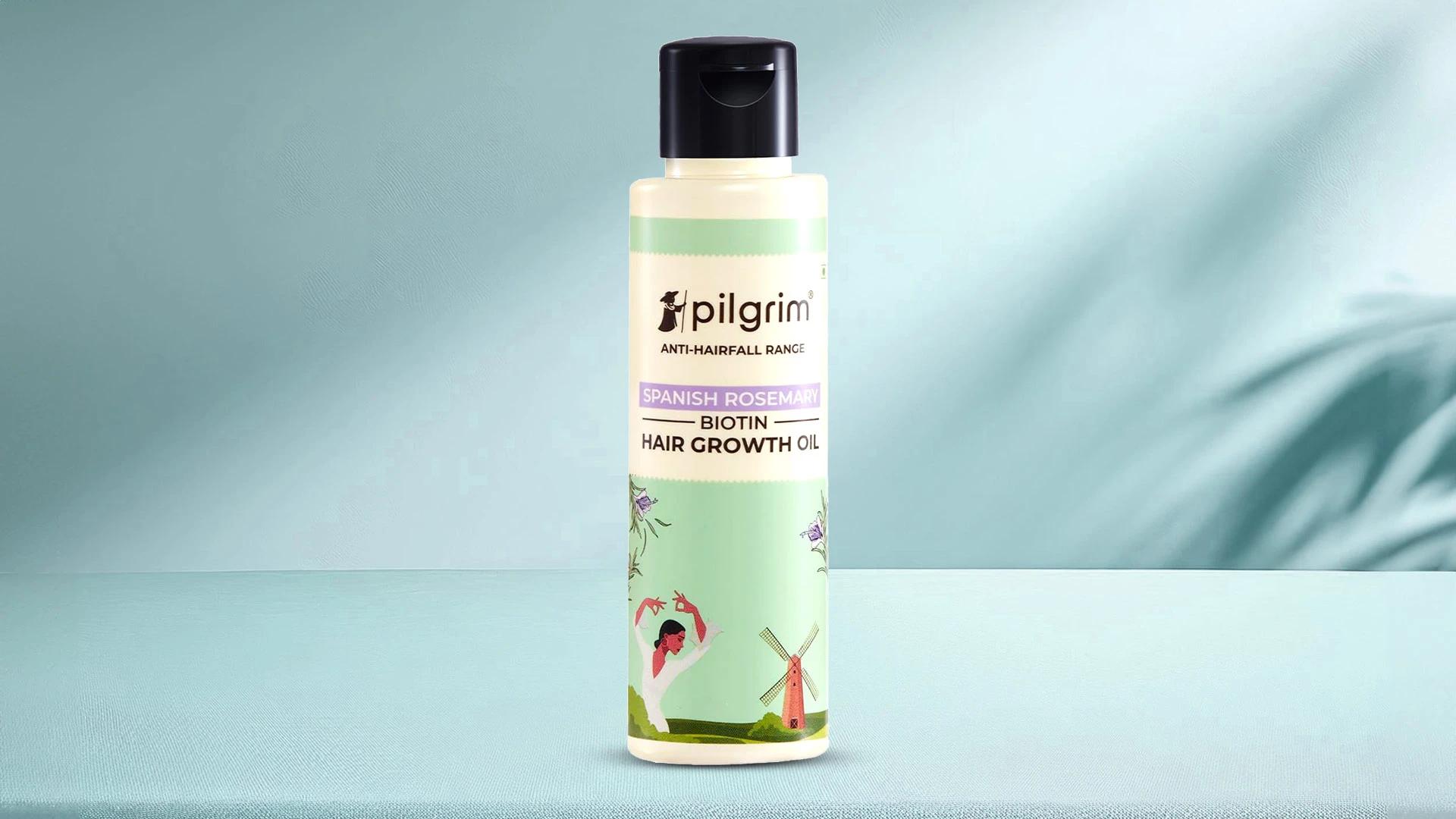Stress Management for Hair Health
Chronic stress increases cortisol levels, which can push hair follicles into a resting phase. This means less growth and more shedding. Regular exercise, meditation, or even just taking time for hobbies you enjoy can help manage stress levels and support hair health.
Sleep and Hair Growth Connection
Your body repairs and regenerates during sleep—including your hair follicles. Poor sleep can interfere with nutrient utilisation and hormone balance. Aim for 7-9 hours of quality sleep and create a consistent bedtime routine to support your hair growth goals.
Frequently Asked Questions
How long does it take to see results from hair growth vitamins?
Most people notice changes in hair texture and strength within 2-3 months, but visible length changes take longer—usually 3-6 months. Hair grows about half an inch per month, so patience is key. Consistency with your vitamin routine matters more than quick fixes.
Can vitamins help with hair loss prevention?
Vitamins can help if your hair loss is related to nutritional deficiencies, but they won't solve genetic hair loss patterns. If you're experiencing sudden or severe hair loss, it's worth consulting a healthcare professional to identify the root cause before starting supplements.
Are there different vitamin needs for hair growth in men versus women?
Women typically need more iron due to menstruation, whilst men might need less. Hormonal differences also affect how nutrients are processed. However, the core vitamins for hair health—biotin, vitamins A, C, D, E, iron, and zinc—are important for everyone.
What's the difference between biotin supplements and multivitamins for hair growth?
Biotin supplements provide a concentrated dose of just biotin, whilst multivitamins offer a broader range of nutrients. For hair health, a well-formulated multivitamin is often better because hair growth requires multiple nutrients working together, not just biotin alone.
Key Takeaways
The vitamins for hair growth revolution isn't about miracle cures—it's about understanding what your hair needs to thrive. **Biotin, iron, zinc, and vitamins A, C, D, and E** form the foundation of healthy hair nutrition. Remember that supplements work best alongside a balanced diet, good sleep, and stress management. Most importantly, consistency beats perfection every time. Whether you're just starting your hair journey or looking to give your current routine a boost, these nutrients deserve a place in your wellness arsenal. Your future self (and your hair) will thank you for taking the time to understand what truly supports healthy hair growth.

 120 Gummies
120 Gummies 60 Gummies
60 Gummies 125 gm
125 gm 125 gm
125 gm